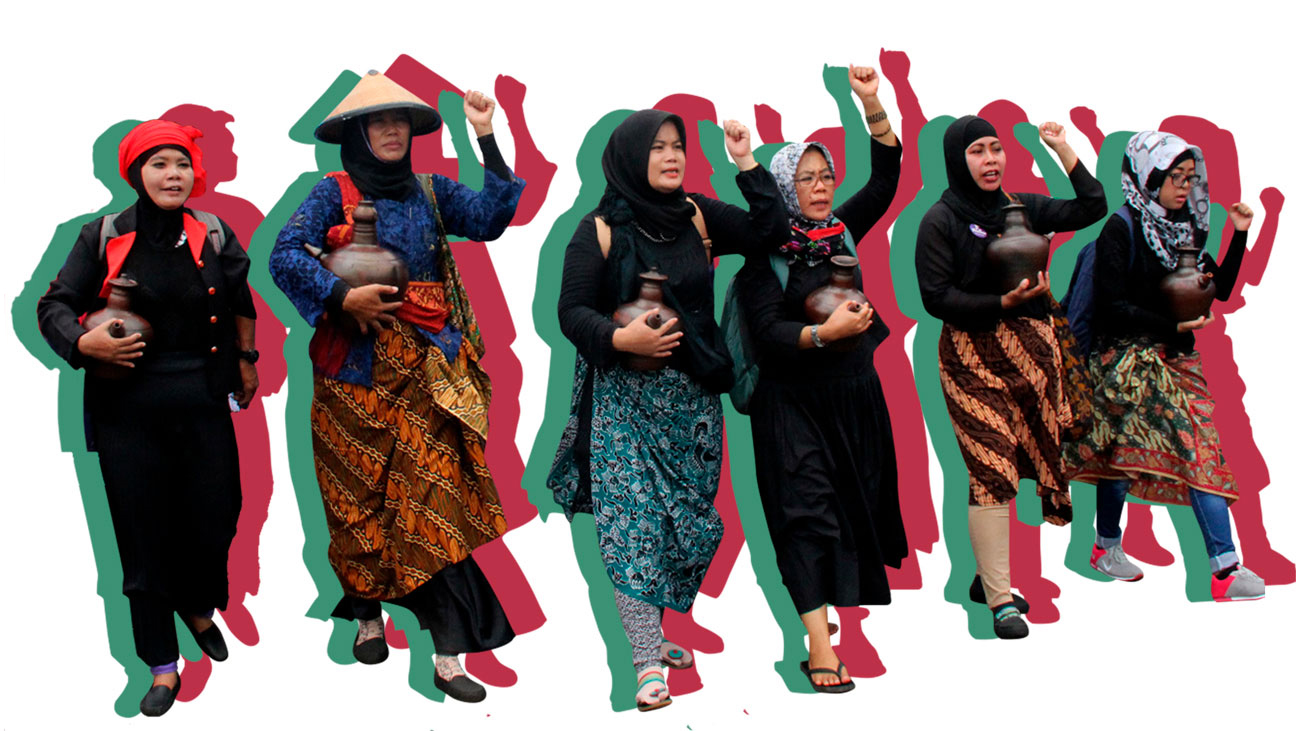In October 2019, the Global Initiative Against Organized Crime announced the launch of the Resilience Fellowship, an initiative aimed at building a platform for cross-sectoral, global and interdisciplinary collaboration to counter the effects of organized crime.
Each year, the Fellowship will have a chosen theme focusing on a global issue around which fellows collaborate to find new perspectives and responses, drawn from their diverse but shared experiences.
We are now delighted to present our Fellows, after the successful completion of the selection process:
2024 Fellows
Investigating illicit economies and instability

Côte d’Ivoire
Aicha Diarra

Benin
Arnauld Kassouin

Ghana
Gideon Sarpong

Togo
Kamboissoa Samboé

Nigeria
Lami Sadiq

Benin
Loukoumane Worou Tchehou

Nigeria
Sani Saidu Muhammad
Focusing on the theme, “Investigating Illicit Economies and Instability”, each of the Fellows will engage with experts and be given opportunities to disseminate their publications. This Fellowship was organized in the context of the Global Initiative Against Transnational Organized Crime’s (GI-TOC) project “Support to the Mitigation of Destabilizing Effects of Transnational Organised Crime (M-TOC).” The M-TOC project is commissioned by the German Federal Foreign Office and implemented by the Deutsche Gesellschaft für Internationale Zusammenarbeit (GIZ) GmbH and the Global Initiative Against Transnational Organized Crime (GI-TOC), from 2024 to 2025.
Resilience Fellowship
The Fellowship is part of the GI-TOC's flagship Resilience Fund, which provides grants and support to civil society individuals and organizations working to counter the impacts of criminal governance and violence across the world.
The Fellowship offers support through the following mechanisms:
-Grants: This fellowship aims to address lack of financial support by providing grants for each successful applicant of €8 000 to journalists who submit successful proposals that link organized crime to instability issues.
-Capacity building: The grantees will have access to specially tailored capacity-building sessions. The Resilience Fund will provide each fellow with a mentor to support them in navigating their specific challenges and help them with opportunities to raise the profile of their work. The Resilience Fund’s liaisons will support the fellows by providing one-on-one project management technical assistance when needed.
-Networking and collaboration: The fellows will have opportunities to meet virtually at workshops, trainings and dialogues facilitated by the Resilience Fund, the GITOC West African Observatory of Illicit Economies and our partners. They will be invited to join the Resilience Fund Community Platform, which will give them access to funding opportunities, global dialogues and multilateral engagement after the Fellowship ends. There may be opportunities for in-person engagement.
Supporting journalists to investigate illicit economies and instability
This fellowship is designed for journalists from Ghana, Côte d’Ivoire, Togo, Benin and Nigeria. Applicants must therefore be based in, and a national of, one of these countries. Preference may be given to those based in or reporting on the northern areas of these countries.
The security situation in much of West Africa and the Sahel has deteriorated. The region has seen a surge in coups d’états and the growing influence of non-state armed groups (NSAGs), including criminal networks, violent extremists and insurgents. These groups are consolidating territorial influence and expanding their areas of operation. Illicit economies, such as illegal gold mining, cattle rustling, arms trafficking and kidnapping, particularly in the borderlands, play a critical role in this dynamic.
Journalists play an essential role in communities’ and policymakers’ understanding of the dynamics that underpin these illicit economies by reporting on the relationship between illicit economies and conflict, which is crucial to developing crime-sensitive conflict responses.
2024 Reslience Fellowship's theme
Investigation des économies illicites et de l'instabilité

